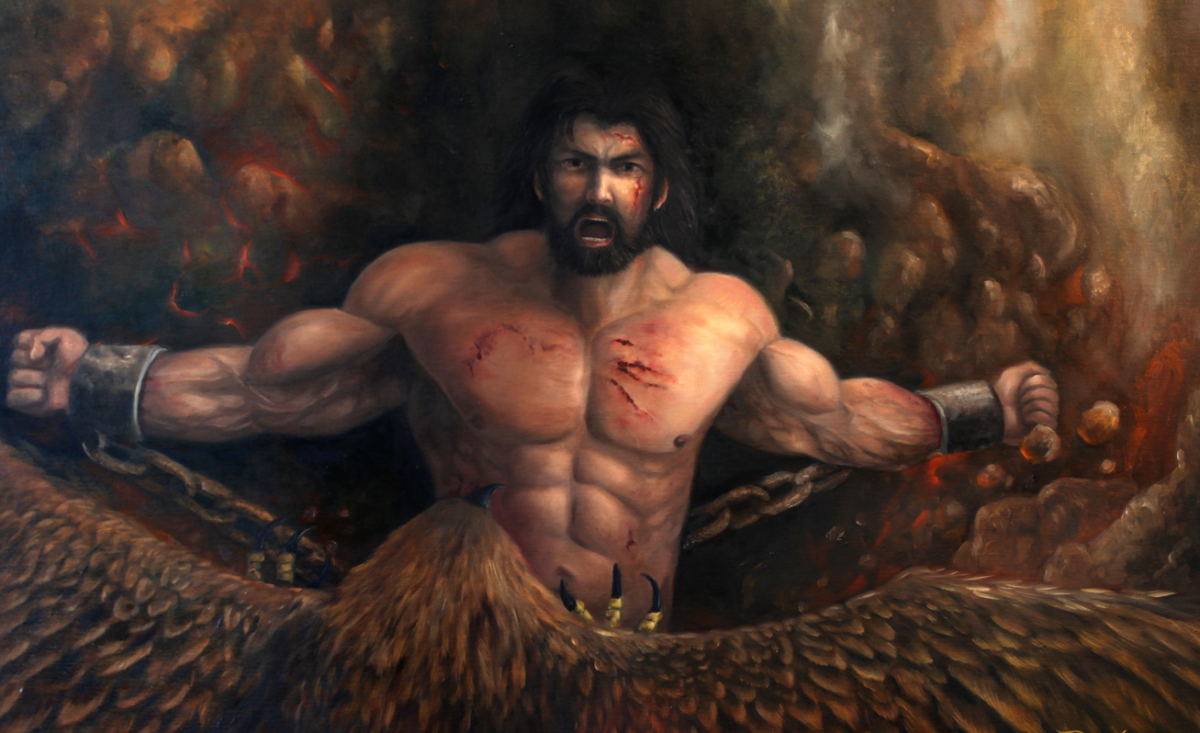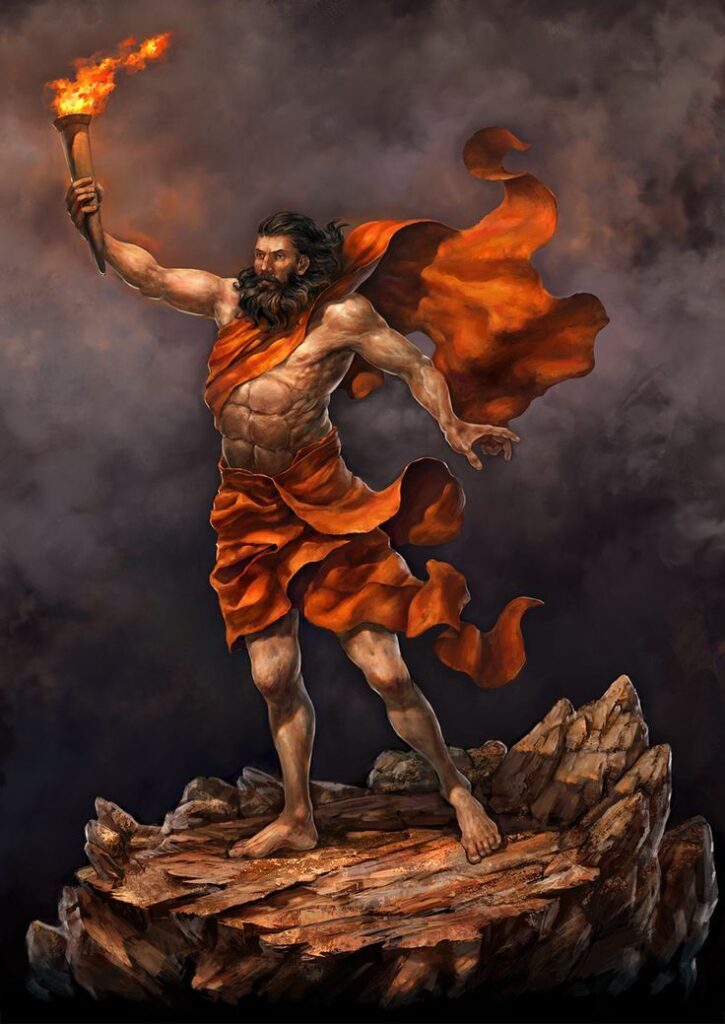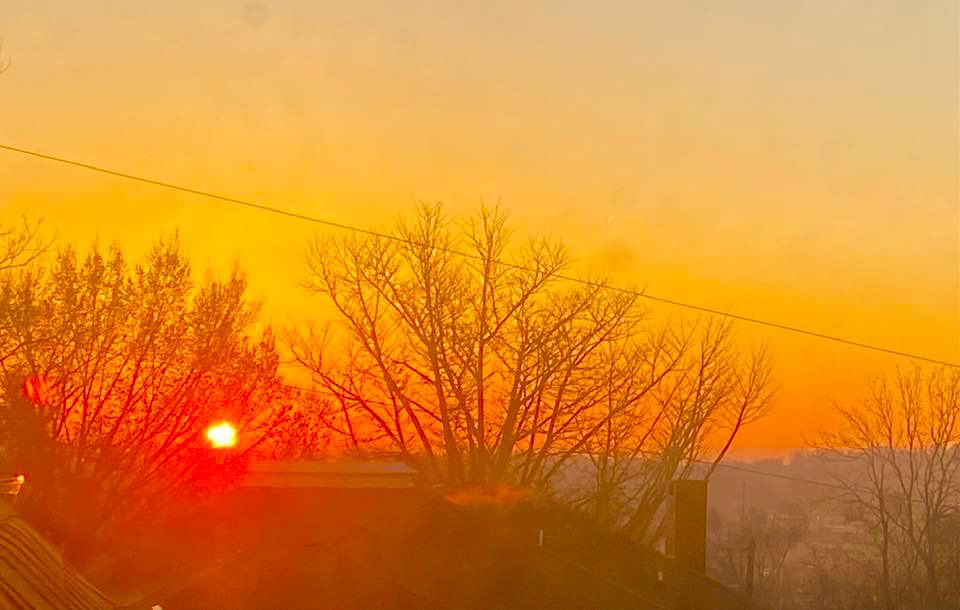Hold Fast Reader Dear
How to hold you reader dear:
Regale you with comforting stories
of barefoot summer mud puddles past?
Excite you with salacious tales
of sex scandals and
conspiracies holding you aghast?
Bore you with straight prose
and fifth grade level blurbs
of fair and balanced contrast?
Or write the flame out of it
branded with Prometheus fire
and brimstone truth at long last?
Will you stay with me reader dear
as I write the hell out of holocausts
and future disasters fast?
– Glynn Wilson
Sunday Reader –
By Curtis Wilson –
Like Honest Abe I swear I cannot tell a lie.
It’s just not in me, not even a white one, really.
So I won’t lie to you today, a Saturday, since I plan to take the day off on Sunday to go for a drive in the mountains. It’s supposed to be sunny and hit a high of 54 for the first time in a long time.
It’s been a long year dealing with COVID and Trump, as Hellscape 2020 stretches into 2021. It’s now been a long winter waiting for more stimulus funds and a vaccine to arrive.
We are all feeling the stress of it. I know. I’m not immune.
With Trump seemingly gone, we all need a break. Let the Facebook news feed go for awhile. Turn off the cable TeeVee news and the radio. Listen to some soothing music and read a good book. Have a strong drink and watch a good show on Netflix.
It’s especially hard for the people of Texas right now, with a freak winter storm knocking out power and water for millions. It was hard for the people along the Gulf Coast last summer when two hurricanes crashed ashore. It was hard last year when people all over the American West were running from drought and wildfires.
Where to go? What to do?
No matter what political party controls the White House and Congress, the next climate disaster is out there. It’s just a matter of time and where it will strike.
How do we prepare?
We all have to be patient and plan how to make things better, all the while preparing for the worst.
If it’s still possible that a written down story can help, I am willing to try, with a little help from my friends.
If you think the AP can satisfy your every desire, and you don’t think you need me anymore, I can always quit and find a camp chair on a mountain somewhere and watch the world come to a fiery end. If you won’t listen or help, why waste my breath, I ask myself?
As I sit here every morning watching the sun come up over the Smokies, I find myself torn between lessons I remember from the past, while trying to stay focused on the news events of the present, with creeping visions of what the future must look like.
The only way I know how to cope is to write it all down and share it, hoping it altruistically helps other people cope too.
Sometimes I learn from shows and films I watch online. Broadcast and cable offer little these days but obnoxious noise and commercial ads. I can’t take that anymore. Can you?
It’s a mystery how or why film makers seem to come up with stories that relate in real time. I often wish I could become one of them, for I believe I have some ideas and skills to offer. I often wonder if people get the point of these stories, or simply watch to pass the time for the entertainment value?
Take the story of Prometheus, for example.
You may recall from your Greek mythology, Prometheus, from the Ancient Greek meaning “forethought,” is a Titan god of fire. He is depicted as a cultural hero and trickster who is credited with the creation of humanity from clay. He defies the gods, including Zeus, by stealing fire and giving it to humanity to advance civilization. Prometheus is known for his intelligence and for being a champion of humankind, and is often portrayed as the author of the human arts and sciences.
His story seems to come up again and again, as it did recently in a BBC film called “Byron” on the life of English poet Lord Byron. Written by Nick Dear and directed by Julian Farino, it features Jonny Lee Miller in the title role alongside Vanessa Redgrave, who portrays Lady Melbourne. It was first aired by the BBC in two, 75 minute parts in September 2003, but I watched it recently on Amazon Prime Video on a 30 day free trial.
It also comes up in The Frankenstein Chronicles which is now showing on Netflix.
Speaking of remembering stories from the past, I still recall sitting in the office of English Professor Marcel Smith at the University of Alabama in Tuscaloosa one day in the early 1980s discussing Prometheus as I came to present the professor with a black and white print portrait I took of him for a photography class. He was a striking character with gray hair and beard who could perform an amazing British accent in class when he read poetry and prose aloud.
We were assigned to read and study Lord Byron’s Prometheus, as well as the longer Prometheus Unbound by the English Romantic poet Percy Bysshe Shelley.
I never realized it before, but the “Frankenstein Chronicles” film reveals that the story of Frankenstein, or “The Modern Prometheus,” was actually written by English author Mary Shelley, Percy Bysshe Shelley’s wife. This is a true story.
The story forms the basis of but takes a different form than the more familiar modern depictions of the Frankenstein monster in Hollywood movies: List of films featuring Frankenstein’s monster.
There are lessons to be learned there if you can get past the sheer entertainment of it all. Lessons about trust and who to believe or not to believe. Should we trust modern professional medicine or look to the alternatives? How can we trust a politician who has an axe to grind and a profit at stake in the outcome of legislation?
I’ll let you, dear readers, watch for yourselves if you are so inclined and come to your own conclusions.
Meanwhile, as you may have figured out by now, I tend to be something of a critic. I know, nobody likes a critic. But what is a born critic to do?
Yes, I have been listening to NPR since those early days in Tuscaloosa when WUAL became a daily part of my life. I have carried that interest around with me for decades now, to WUOT in Knoxville and WWOZ and WUNO in New Orleans, and WAMU in D.C. But there are times when I have to just turn it off these days, when it just pisses me off.
Like Friday morning, when I woke up, turned on the NPR app on the new iPhone 11, and heard a preacher being quoted saying that Joe Biden is NOT the duly elected president of the United States. Apparently in pulpits across the country, there is still an audience willing to toss a few dollars into a collection plate to listen to a charlatan go on and on about the great white hope Donald Trump.
Why would they broadcast such a thing? I say ignore it and stop reporting on it. If it’s not on any channel, it can’t be spread on social media or infect people’s brains as propaganda and turn them into zombies for “The Lord.”
But then on Saturday morning, as I came awake and saw the orange glow coming up over the snow covered mountain peaks, I heard the commentators on a show called “On the Media” talking to some experts on what to do about the threat of violence from the far-right.
“In a reversal of the past four years,” they say, “President Biden has vowed to take on the violent threat posed by the far-right. But how?”
On this week’s On the Media, a look at the techniques and tactics used to undermine extremism, here and abroad. Did you hear it? Did you listen? What diid you think? I really, really would like to know.
1. Brad Galloway [@bjgalloway1717], a former neo-Nazi and now case manager with Life After Hate and ExitUSA and coordinator at the Center on Hate, Bias and Extremism at Ontario Tech University, on how he and his colleagues work to get far-right extremists to accept responsibility for their choices and move beyond hate.
2. Kurt Braddock [@KurtBraddock], professor of communications at American University, and the author of Weaponized Words: The Strategic Role of Persuasion in Violent Radicalization and Counter-Radicalization, on messaging campaigns designed to neutralize rightwing propaganda, conspiracy theories, and calls to action.
3. Ross Frenett [@rossfrenett], co-founder of Moonshot CVE, on redirecting people away from extremist search results online.
4. Stig Jarle Hansen [@stigjarlehansen], co-editor of the Routledge Handbook for Deradicalisation and Disengagement on the long, checkered history of global de-radicalization efforts, and Michael German [@rethinkintel], fellow with the Brennan Center for Justice’s Liberty & National Security Program, and author of Disrupt, Discredit, and Divide: How the New FBI Damages Democracy, on how the term “radical” has always swayed in the wind of power and the perils of the “de-radicalization” framing.
















